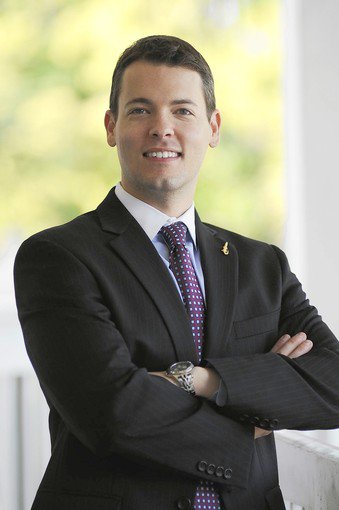
What is Elder Law?
Seniors are the fabric of our family. Their idiosyncrasy’s, morals and mannerisms lace through the generations. Even if you received your bad temper from your mother or type A personality from your father, you are thankful for everything they have done for you and your family. It is important to care for them as they have for you.
Elder law ensures the matriarchy and patriarch of your family is taken care of in various areas of their life. This includes three major categories:
- Estate Planning
- Long Term Care
- Guardianship
Estate Planning
Your parents or elderly family members may have created a will several years ago. It is important that they updated their basic estate planning documents such as wills, trusts, durable power of attorney, health care surrogate and living will. It is recommended a specialized elder law attorney review these documents once a year.
Long Term Care
As your loved one gets older, you want to provide them the upmost care; however you are afraid of the costs associated with this care. Wild Felice and Partners have provided our clients assistance with the long-term costs such as nursing home or assisted living facilities. We can also assist with the requirements and application process of to be admitted into a home.
The government can assist with these costs, especially if you or your loved one has served in the military. It is important to speak with an estate planning and elder law attorney to ensure you are getting the full benefits you and your loved one deserves.
Guardianship
As your loved one gets older, it is very important to have a power of attorney in place to ensure he/she receives the exact treatment and care noted in the will. If the documents are not properly implemented, they may not uphold under the law.
History of Elder Law
The concept elder law was established in 1965 and signed into law under the Older Americans Act (OAA) by President Lyndon John. This authorized grants to States for service programs, funding for research and training projects in the field of again.
In 2000, it was amended National Family Caregiver Support Program, which was intended to help hundreds of thousands of family members who are struggling to care for their older loved ones who are ill or who have disabilities.
Elder law is not only a broad form of law but can also be a complicated one. We highly recommend working with a specialized elder law attorney so you can get the best long-term care, with the most benefits and at the discretion of your loved one.
To learn more about the benefits of elder law visit http://wfplaw.com/Elder-Law.html
—
Wild Felice & Partners is a full-service, Fort Lauderdale, Florida based law firm with a specialty in estate planning, asset protection, elder law, and probate administration. Our law firm provides the knowledge and experience of a large law firm, while giving our clients the hands-on service and attention to detail that only a smaller firm can truly offer.
Wild Felice & Partners, PA
Attorneys at Law
101 North Pine Island Road,
Suite 201
Fort Lauderdale, Florida 33324




